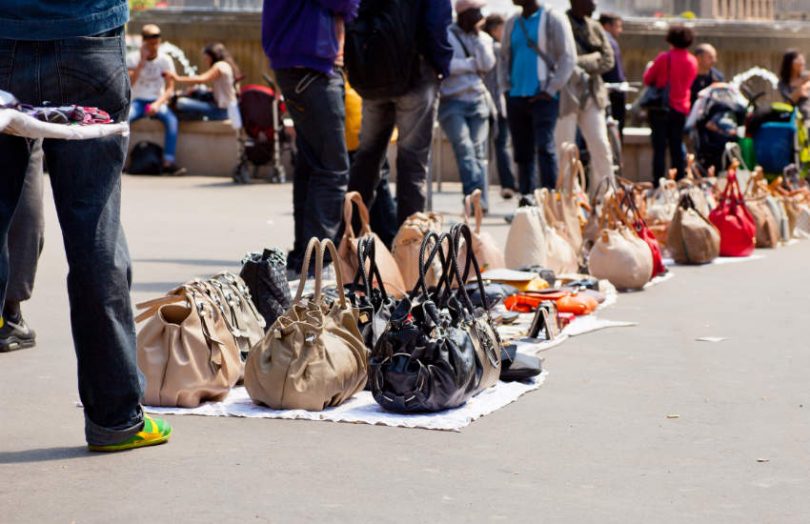The European Union Intellectual Property Office (EUIPO) first started looking at blockchain technology to combat counterfeits back in 2018. Creating digital twins of products enables wholesalers, retailers, customs authorities and consumers to confirm that an item is authentic with blockchain holding the immutable record in the background.
Anti-counterfeit has been one of the more obvious blockchain applications from the early days. That’s to ensure drugs are originals, a plane doesn’t fall out of the sky because of fake parts, or a Louis Vuitton bag is a genuine item. Imagine if that baby formula is a knock-off and contaminated? Both Danone and Kraft Heinz use blockchain to give mothers peace of mind.
As much as 5.8% of EU imports from third countries are fakes. According to a EUIPO survey, nine percent of EU citizens in 2020 were duped into buying a counterfeit item, but as many as a third had doubts about a product’s authenticity.
After the EUIPO formalized the project in Early 2021 as the Anti-Counterfeiting Blockathon Infrastructure, it is planning a proof of concept at the end of this year and to launch by the end of 2023.
The platform aims to be technology neutral and plans to support multiple non-fungible token (NFT) platforms, ERP solutions and track and trace systems. It wants to create a common language – it didn’t call it a standard – which enables interoperability. It is also planning an identity registry for brand owners who can sign the digital twins and a repository of verified brand signatures.
Over time it envisages the solution forming part of the broader European Blockchain Services Infrastructure (EBSI), Europe’s government services initiative.
While there’s a vast array of anti-counterfeit blockchain projects in Europe and beyond, the luxury sector has been particularly active. Many big names such as LVMH, Prada, Cartier, Bulgari and Mercedes-Benz have joined the AURA consortium. It originally started by focusing on anti-counterfeits but evolved into tracking sustainable sourcing and digital NFTs. Its main competitor is Arianee.






